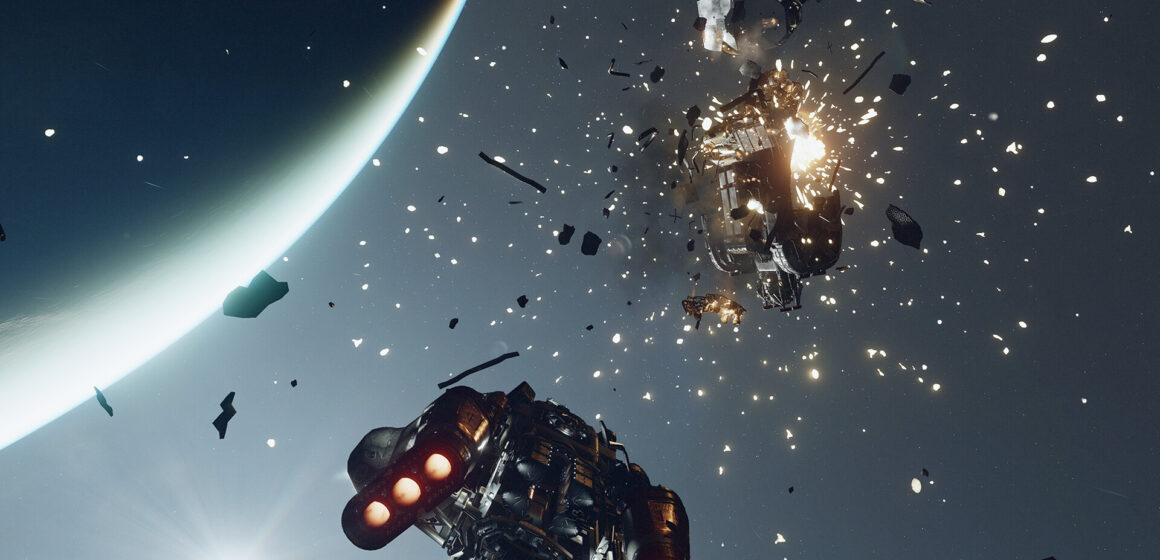Have you ever waited for something with bated breath, only to feel a mix of emotions once it arrives? That’s the rollercoaster fans rode with Bethesda’s Starfield. Picture this: a game that promised the cosmos but found itself grounded before it could take off for the Game of the Year awards. Let’s unpack this space saga that’s more complex than a black hole.
Starfield, Bethesda’s latest space opera RPG, had a launch that was nothing short of a supernova. With a peak of 245k players on Steam, it eclipsed Skyrim’s records, raising the question: Could it clinch the Game of the Year title? But here’s the twist in the tale – despite its stellar start, Starfield’s light seems to be dimming in the GOTY universe.
The game, a brainchild of the studio known for its expansive worlds and gripping narratives, was a gamble. After the Fallout 76 debacle, Bethesda needed a win. They poured their heart into Starfield, crafting a universe brimming with planets to explore and a main quest that could keep you hooked for a good 30 hours. Yet, it seems the game’s spaceship might not have the fuel for the long haul.
Critics and players alike have voiced concerns. The inventory system feels like navigating through an asteroid field, and the inability to manually pilot to planets has left many feeling stuck in an orbit of loading screens. It’s like being promised a walk on the moon but getting a VR simulation instead.
Comparisons are inevitable, aren’t they? When you stack Starfield against giants like “The Legend of Zelda: Tears of the Kingdom” or “Baldur’s Gate 3,” it’s like comparing a satellite to the International Space Station. Both offer exploration, but one gives you a universe, while the other offers a galaxy.
A month into its journey, Starfield’s trajectory has wobbled. The game’s Steam rating has seen a meteoric fall, and player numbers are dwindling faster than a comet tails off. It’s not all cosmic doom and gloom, though. The game’s scientific accuracy, the thrill of visiting over a thousand planets, and the shipbuilding mechanics have been lauded. It’s a Bethesda game through and through – flawed yet fascinating, a universe you want to get lost in.
But let’s face it, the Game of the Year award seems like a distant star for Starfield now. It’s not about the game not being good; it’s about it not being the revolutionary experience many had hoped for. It’s like finding water on Mars – exciting, yes, but not the alien life we were hoping to meet.
So, what’s next for Starfield? It might not be the GOTY contender we imagined, but it’s not a supernova either. It’s a game that will likely find its place in the modding community, where players can turn it into the universe they dreamed of.
In the end, Starfield’s journey reminds us that not all that glitters in the night sky is a star. Sometimes, it’s a satellite – not the center of the solar system, but still something that can capture our imagination and take us on a journey across the stars.
Sources:


Leave a Reply